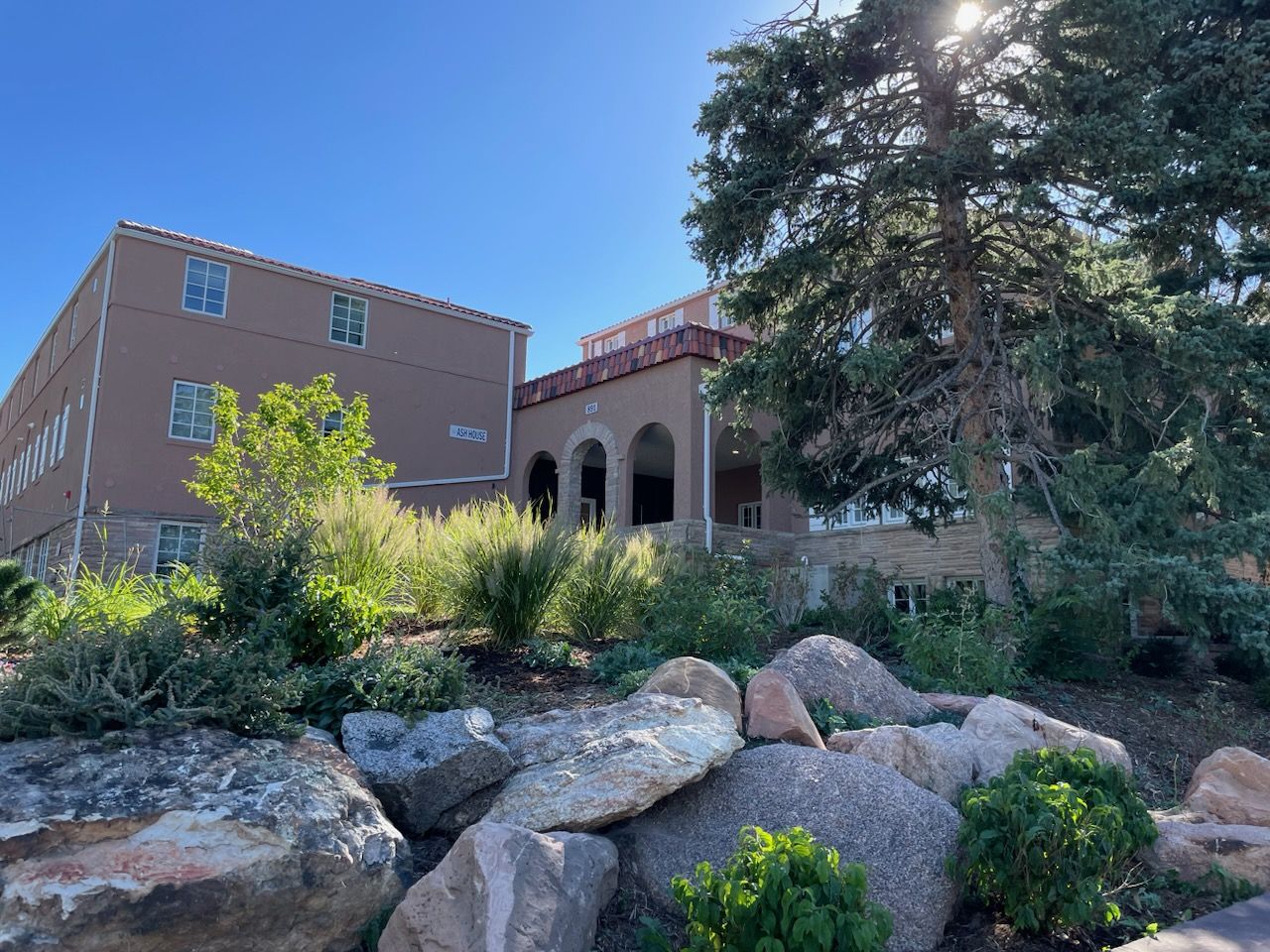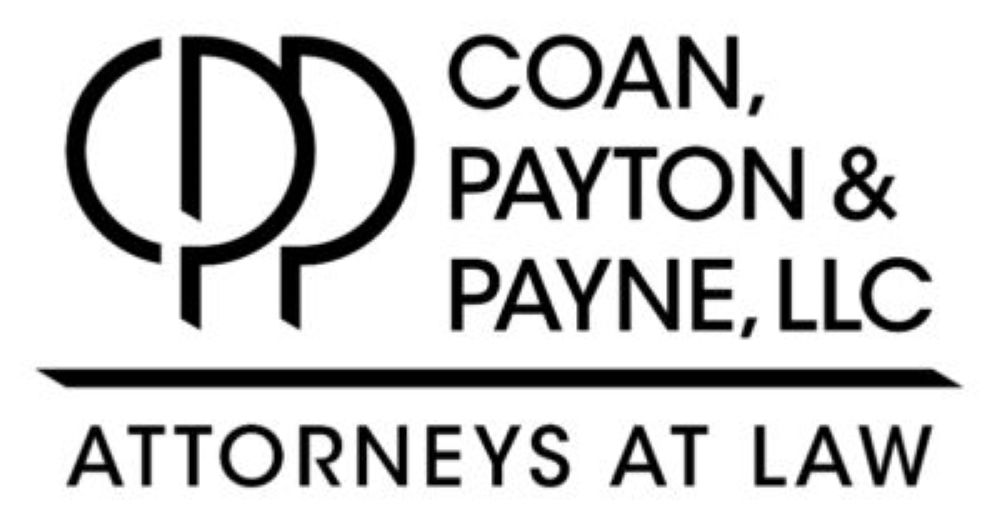Judge temporarily blocks Boulder’s attempt to close Ash House
Orders city, landlord to find housing solution for CU student residents

BOULDER — The University of Colorado student residents of Ash House apartments in Boulder can remain in their homes as the property owners and city officials continue their legal battle over code violations at the 12th Street property.
Boulder County District Court Judge J. Chris Larson on Friday denied an attempt by Boulder city attorneys to lift a temporary restraining order placed this week by the court that blocks, at least for now, city officials’ attempts to close Ash House, a privately owned, off-campus apartment building occupied by CU students. The order was extended to Oct. 8, the same day another hearing on the case has been scheduled.
“The process that was deployed (by Boulder officials) was well-meaning but legally deficient,” Larson said, because the closure order, which attempted to force occupants out within about four hours of posting, did not align with Boulder’s building-code enforcement guidelines nor did it specifically cite conditions at Ash House that pose an immediate safety risk to Ash House residents. Nor, he said, did Boulder provide student renters with sufficient alternative-housing options.
SPONSORED CONTENT
City officials said on Monday that they had directed Ash House residents to University of Colorado Boulder’s Off-Campus Housing & Neighborhood Relations Office and Student Legal Services for resources.
Larson ordered that the city and landlord spend the coming weeks mediating their issues and finding alternative-housing accommodations for renters should they have to vacate Ash House.
“At its core, the city’s actions regarding Ash House building violations are about life-safety. We believe the current conditions at this building present an immediate life-safety risk to the people living there. While we are disappointed in today’s outcome, the city will be complying with the court’s ruling. We are, however, pleased that the property owners have acknowledged the life-safety issues at the property and have committed to restoring it to its approved condition,” Boulder officials said in a statement Friday afternoon.
The city’s statement continued: “We recognize how difficult this situation has been for the impacted students, but we cannot look the other way when we believe community members could be in danger. As an organization, we are committed to protecting the life-safety of these students, and all community members, and holding the property owners accountable. We are exploring all possible options at this point.”
Ash House’s ownership group 891 12th St LLC, which Boulder code-compliance officers claim improperly modified apartments to add more bedrooms than is permitted by city-issued permits, sued the city after officials attempted this week to remove renters from the building.
The decision to close the building at 891 12th St. was made “after discovering that the property owner created additional bedrooms per unit without city approval,” the city said Monday in a news release. “The result is that the units do not meet code and life-safety requirements.”
Ash House was originally built in 1923 to serve as the Sigma Alpha Epsilon fraternity house and was taken over in 1973 and converted into the Marpa House, which provided housing for members of the Shambhala community.
If not for the restraining order, about 60 students would have been forced to vacate.
Developer John Kirkland, along with a group of investors who purchased the Marpa House in 2019 for $5 million, won approval from Boulder City Council in May 2021 to transform the property into apartments for CU students despite vocal opposition from neighborhood residents. The redevelopment project finished during last school year.
Neighbors were concerned about noise and disruptive behavior from student residents. As a result, Boulder officials included a series of conditions to their 2021 approval that included strict quiet hours, limits to the number of cars renters are permitted, 24-7 onsite management, occupancy limits of one person per bedroom and a good-neighbor agreement with surrounding property owners. Violations could have resulted in the city revoking Ash House’s rental license.
“We’re extremely empathetic and receptive to the range of very emotional pleas from neighbors who have shared their views on this from the beginning,” project consultant Rob O’Dea said during a 2021 hearing on the redevelopment proposal, adding that the developer “get[s] where they’re coming from.”
However, he said, “It will be hands down the nicest, highest-quality and best-managed property in this area.”
The plans that Boulder officials approved three years ago allow for 48 residents spread across 16 three-bedroom units to live at the property at any one time. But when code officers with Boulder’s planning and development services department, responding to a tenant complaint, inspected Ash House last week, they discovered that units had been illegally subdivided to create new bedrooms and cram in additional renters, the city claims.
“Specifically, 15 new bedrooms were constructed without building permits, land use approval or life-safety inspections, evidently in the days immediately after city building inspectors had conducted inspections on the previously allowed and permitted construction,” Boulder officials said in a new release. “Thirteen of those 15 bedrooms were occupied.”
The release continued: “There is no scenario, based on the size of the units, under which the city could have approved a fourth bedroom for the units under current code or zoning. In addition, the owners did not have permits for the electrical work that was conducted when the new bedrooms were added.”
City officials had hoped to keep residents out of Ash House until the room modifications are removed and the property meets the specifications spelled out by the previously approved conditions, the city said.
Ash House owners, in their lawsuit filed Monday, said that this summer they made “improvements to thirteen units within the Property, such as extending four-foot ‘pony’ walls up to the ceiling, and adding doors to the newly partitioned area.”
The newly extended “walls were purely to partition the structure and were not load-bearing or otherwise structural,” the lawsuit said.
Because the work performed in the units was of a “limited nature,” Ash House’s owners “did not believe that it required City authorization or permitting and did not consult the City.”
Further, the property owner is not “aware of any immediate dangers to its tenants or property manager and does not believe that any such dangers exist.”
Editor’s note: This story has been updated to include a comment from Boulder officials made after Friday’s hearing.
The lawsuit is 891 12th St LLC v. City of Boulder, case number 2024CV30767 filed Sept. 17 in Boulder County District Court.
The University of Colorado student residents of Ash House apartments in Boulder can remain in their homes as the property owners and city officials continue their legal battle over code violations at the 12th Street property.
THIS ARTICLE IS FOR SUBSCRIBERS ONLY
Continue reading for less than $3 per week!
Get a month of award-winning local business news, trends and insights
Access award-winning content today!





